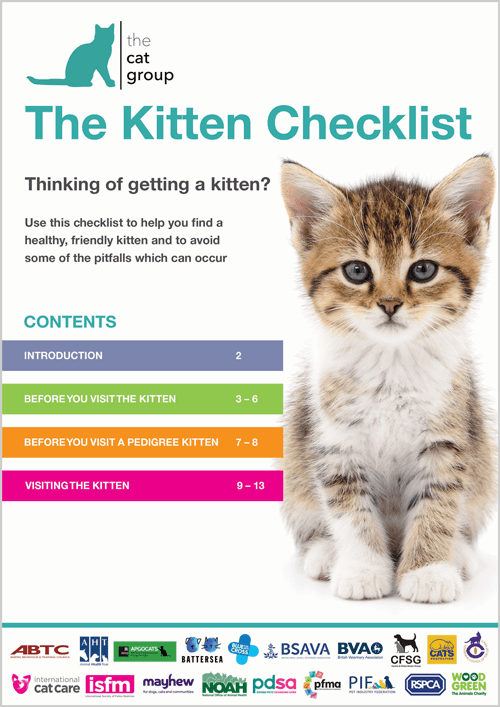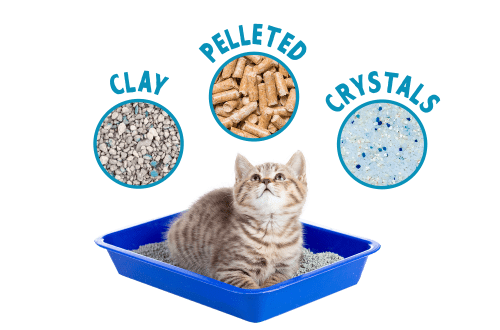
What can you get from a cat
Cats in our minds are associated with cute fluffy lumps, affectionately and comfortably purring on the lap of the owner or hostess. But these lumps, unwittingly, can become a source of illness and health problems for your entire family, up to the most serious consequences. The good news is that, knowing all the nuances and taking precautions, a cat can be kept at home quite safely for a person.
Numerous parasites, both external and internal, distemper, lichen and much more are possible in any animal, but cats have their own specifics. Let’s figure out together with Hill’s veterinarians what you can not be afraid of, how to deal with the rest and, most importantly, how to prevent the disease.
Let’s start with the basic rules:
- Say “no” to self-walking, where you cannot control your cat’s meetings with other animals and exclude “snacks” with food from garbage dumps and from the ground.
- Observe enhanced hygiene when in contact with a cat: wash your hands often, keep the bowls and tray of the animal clean.
- At the slightest sign or suspicion of infection in both your pet and you, contact your doctor immediately.
Now let’s look at the diseases that your beloved cat can bring into the house.
Contents
Is it possible to catch from a cat …
We will immediately reassure you: the type of coronavirus that cats get sick is not dangerous for either humans or dogs. This is a specific type of virus called Feline coronavirus (FCoV) and is not related to COVID-19 in any way. However, this virus can be dangerous to cats, so any exercise of reasonable precaution, increased hygiene, and limiting contact with other cats is welcome.
… frenzy?
This deadly virus can be eliminated from the list of dangers simply by keeping your pet vaccinated on time and monitoring his contacts on walks.
The virus is transmitted from a sick animal with saliva through contact with the blood or mucous membranes. Therefore, it is possible to become infected through a bite or scratch, since an infected cat could lick its paw and leave a mark on its claws. This virus is active in the external environment for about 24 hours.
If you have been scratched or bitten by a street cat, you should:
- immediately treat the wound with antiseptics;
- immediately go to the nearest medical aid point.
… various internal parasites (helminthiasis)?
Helminths (colloquially worms) are the most common type of internal parasites that live in your pet’s body and cause disease. They are transmitted to humans through everyday contact with animals and can be a serious problem, especially for children. Anthelmintic drugs for animals solve your pet’s problem in a matter of days. And the treatment of helminthiases most often in humans is simple.
It is enough for the owners of a cat to monitor its nutrition (no raw meat and fish!) And cleanliness and periodically carry out anthelmintic prophylaxis on the recommendation of a veterinarian. Regarding the prophylactic use of anthelmintic drugs for a person, the opinions of experts differ, but they are unanimous in the following: you should not prescribe drugs yourself.
… external parasites?
Fleas, ticks, lice, withers – there are a huge number of them, and not all of them are dangerous to humans in themselves, but many can become carriers of some kind of dangerous infection.
Today this is not a problem, because there are a huge number of means of prevention and treatment:
- antiparasitic collars;
- means for processing wool and integument;
- shampoos and detergents;
- medicinal and prophylactic preparations for oral administration.
… cat-scratch disease (felinosis)?
This is a serious bacterial disease that can be transmitted through bites, scratches, and even seemingly innocent licks! As the name implies, infected cats are most often the culprit, which, when your skin is damaged, introduces bacteria into the wound and nearby tissues. The symptoms are similar to mild to moderate flu, but the scratch itself becomes inflamed. A person is treated either with the use of local ointments and antiseptics, or with the appointment of painkillers and antibiotics in more severe forms.
… ringworm?
Dermatophytosis or ringworm is caused by microscopic fungi that parasitize the skin and coat and can be transmitted from animals to humans, in particular from cats. For most people, this disease is not dangerous, but do not neglect personal hygiene, especially if you have to contact with an infected animal. Be sure to contact a specialist if you notice any skin lesions in yourself or your pet.
… toxoplasmosis?
Most often, this name pops up in preparation for the birth of a child. Toxoplasma can pass through the placenta into the fetus and cause serious consequences. If you are expecting a baby, be sure to take your pet to a veterinary clinic to be checked for this parasitic disease.
Although cats are, according to experts, the most common carriers of Toxoplasma, studies by American and Hungarian extras show that uncooked or raw meat is a common cause of the disease. And the numbers themselves are not critical: 0,5-1% of pregnant women in the US and Europe, while only 40% of them the disease passes to the fetus.
Bottom line: don’t feed your cat raw meat, stock up on specialized food, don’t let her prey on rodents, and keep the litter box clean.
… chlamydia?
This disease is very common in the feline environment: according to some reports, about 70% of the representatives of the species carry it. It can be transmitted from a cat to her kittens, through the genitals and respiratory tract. There is no consensus on whether it is transmitted from cat to human. In any case, it is better to play it safe and take extra precautions. For example, you can give the animal a special vaccination.
Let’s summarize:
We began to wash our hands more often, use antiseptics and pay much more attention to hygiene. Let everything stay that way for you and your pets. And remember the most important thing: your health, like the health of pets, is almost always in your hands.





